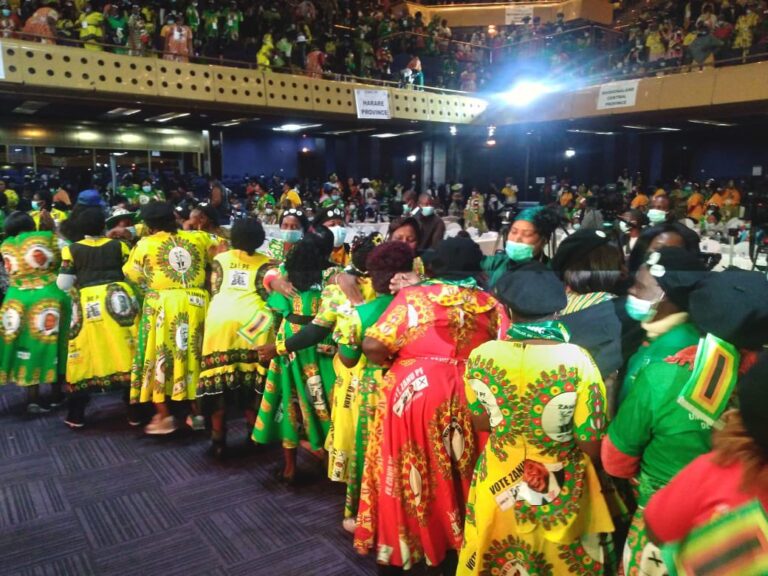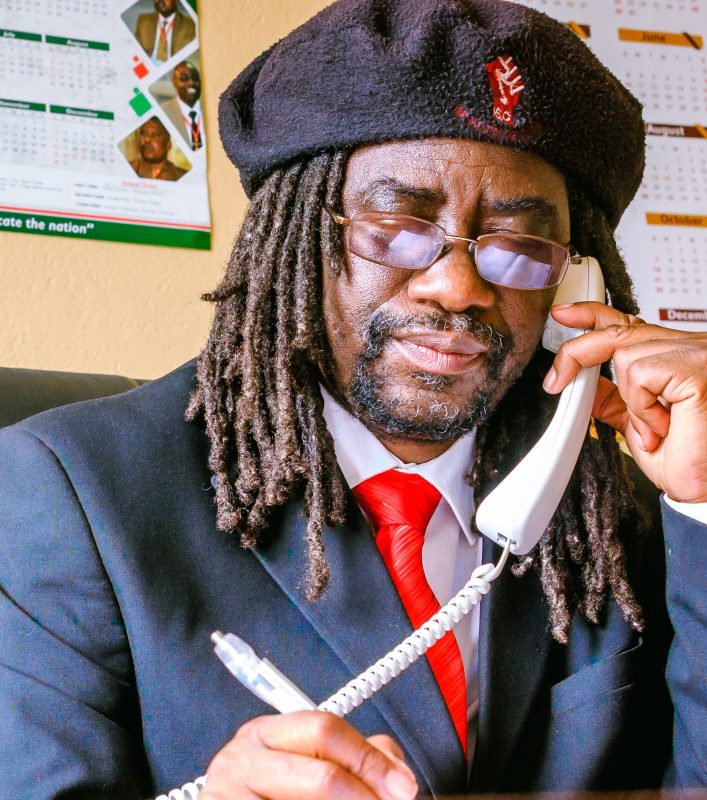By Temba Nxumalo Twice now, the State of the Nation Address has been plunged into darkness, and the spectacle of President Emmerson Mnangagwa reading his policies by the beam of a handheld torch is no longer a farce—it's a damning indictment. It is a political theatre of incompetence staged right in the New Parliament, the …
The Speaker Who Can’t Keep the Lights On: Mudenda’s Liabilities Cast a Long Shadow

By Temba Nxumalo
Twice now, the State of the Nation Address has been plunged into darkness, and the spectacle of President Emmerson Mnangagwa reading his policies by the beam of a handheld torch is no longer a farce—it’s a damning indictment. It is a political theatre of incompetence staged right in the New Parliament, the $200 million symbol of our nation’s future.
The surrounding suburbs have power, the nation is not in a total blackout, yet when the President speaks, Parliament fails. This is not the tragic consequence of the Kariba dam running dry; this is the chilling failure of institutional management under the watch of Speaker of the National Assembly, Jacob Mudenda. The man is ostensibly in charge of the highest house in the land, and he cannot guarantee the lights will stay on for 90 minutes. It reeks of sabotage, not of mere load-shedding, and the responsibility for this double embarrassment falls squarely at the feet of the presiding officer.
The Great Parliamentary Blackout: A Crisis of Competence
The first incident, during the Budget Speech, was dismissed as a fluke—a lightning strike, a technical glitch, a rogue act of nature. Parliament, through Clerk Kennedy Chokuda, issued a panicked apology and promised “measures to ensure no recurrence.”
Fast forward less than a year, and the lights died again during the SONA. The fact that Parliament’s dedicated power line and its supposedly fail-safe standby generator both failed to kick in suggests a level of institutional decay and gross negligence that is breathtaking. When the leadership of Parliament apologizes and threatens to “chase the culprit,” they miss the point: The culprit is the lack of basic operational competence. The Clerk and the Speaker failed to manage the redundant systems necessary to protect the President and the integrity of the House.
This is more than an electrical fault; it’s a terrifying metaphor for the state of governance. If the Speaker cannot keep the power running in his own chamber, how can he possibly be trusted with the engine room of the ruling party?
Mudenda’s Track Record: Willowgate to the Wires
Mudenda’s political career is long, complex, and dotted with moments that raise serious questions about his suitability for a powerful executive role. He currently sits on the ZANU PF Politburo as the National Secretary for Legal Affairs—a critical role requiring sharp, reliable management and absolute trustworthiness.
But when we look at the historical data, a pattern emerges:
The Willowgate Scandal: His involvement in the illegal resale of vehicles in the late 1980s resulted in a political retreat, staining his record with a narrative of self-enrichment and questionable ethics.
Civil Aviation Authority of Zimbabwe (CAAZ): Analysts recall his tenure as Board Chairman there—another technical, high-stakes institution where the demand for order and accountability is non-negotiable.
The question is simple: Can a man whose managerial oversight has led to the national legislature being darkened twice in quick succession—a situation that screams either sheer incompetence or deep-seated internal security threats—be trusted to keep the massive ZANU PF machinery running as a “well-oiled machine”?
The answer, staring at us from the flickering torchlight, is a resounding No.
Mudenda’s failure to maintain order in Parliament is not a simple mishap; it is a liability that the ruling party should view with extreme alarm. A party structure demands total discipline, security, and the elimination of any weakness that can be exploited by internal or external actors. If the Speaker cannot secure a single room against a common power cut, he certainly cannot secure the political nerve centre of the ruling party. His track record suggests he is a political risk who is dangerously out of his depth in a technical and security-sensitive environment.
The ZANU PF headquarters needs a steady hand, not a man whose deployment brings with it the very real risk of high-profile, high-embarrassment operational failure. Mudenda’s continued deployment in a position of authority represents a calculated gamble, and based on the recent performances in Parliament, it is a gamble that the party is already losing.





